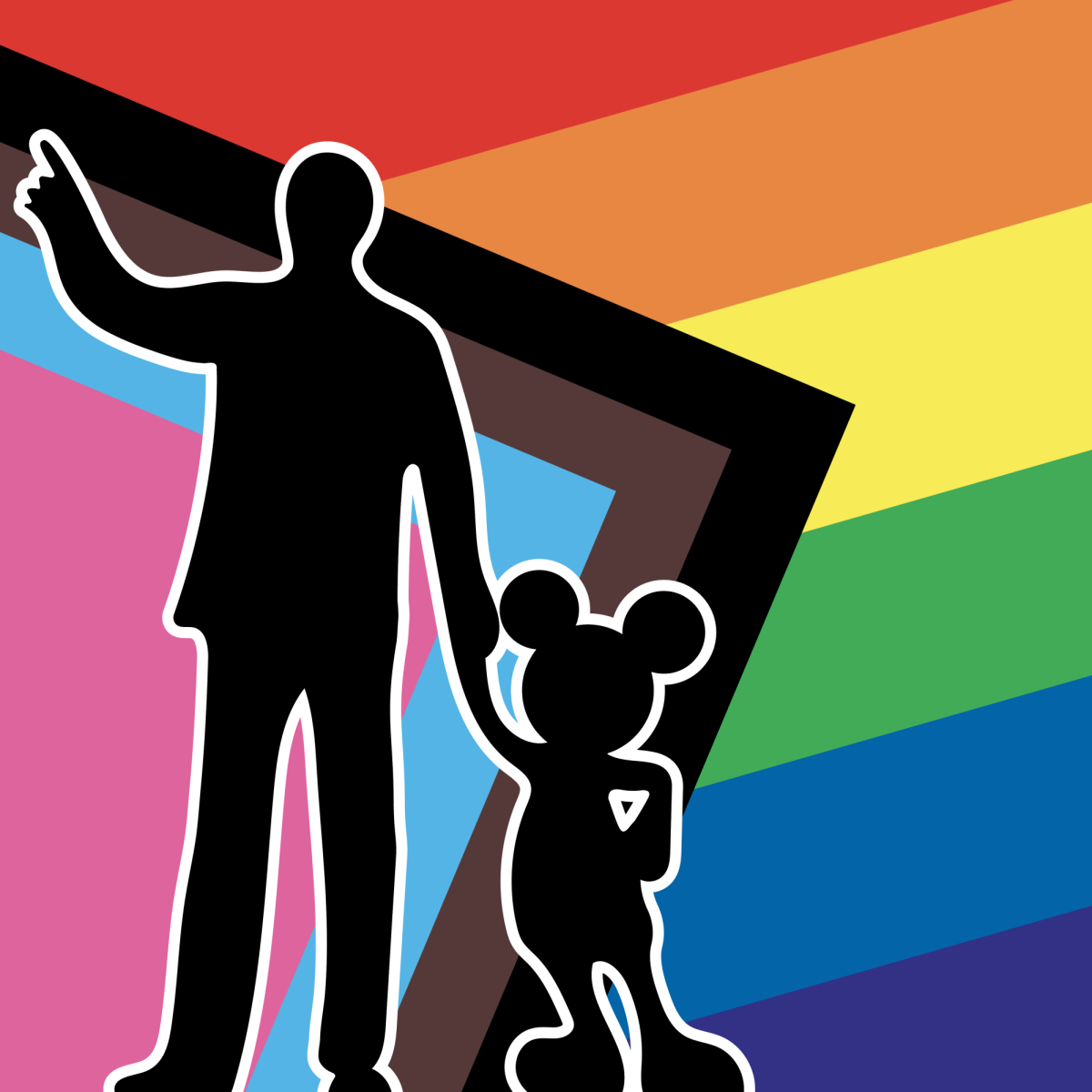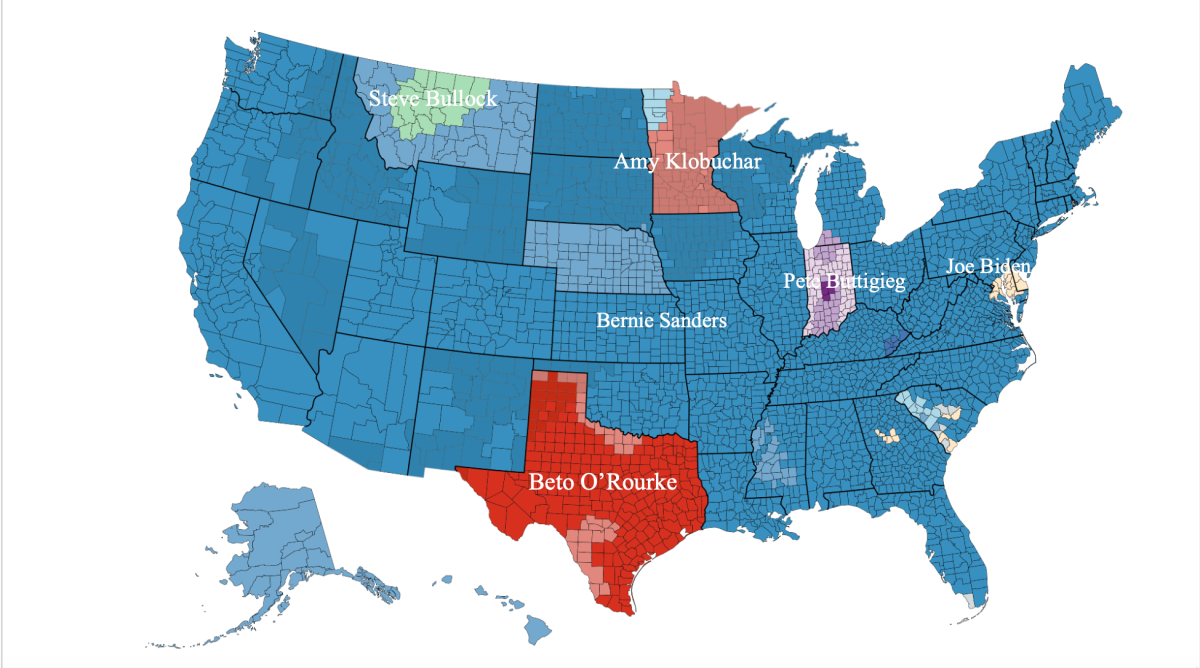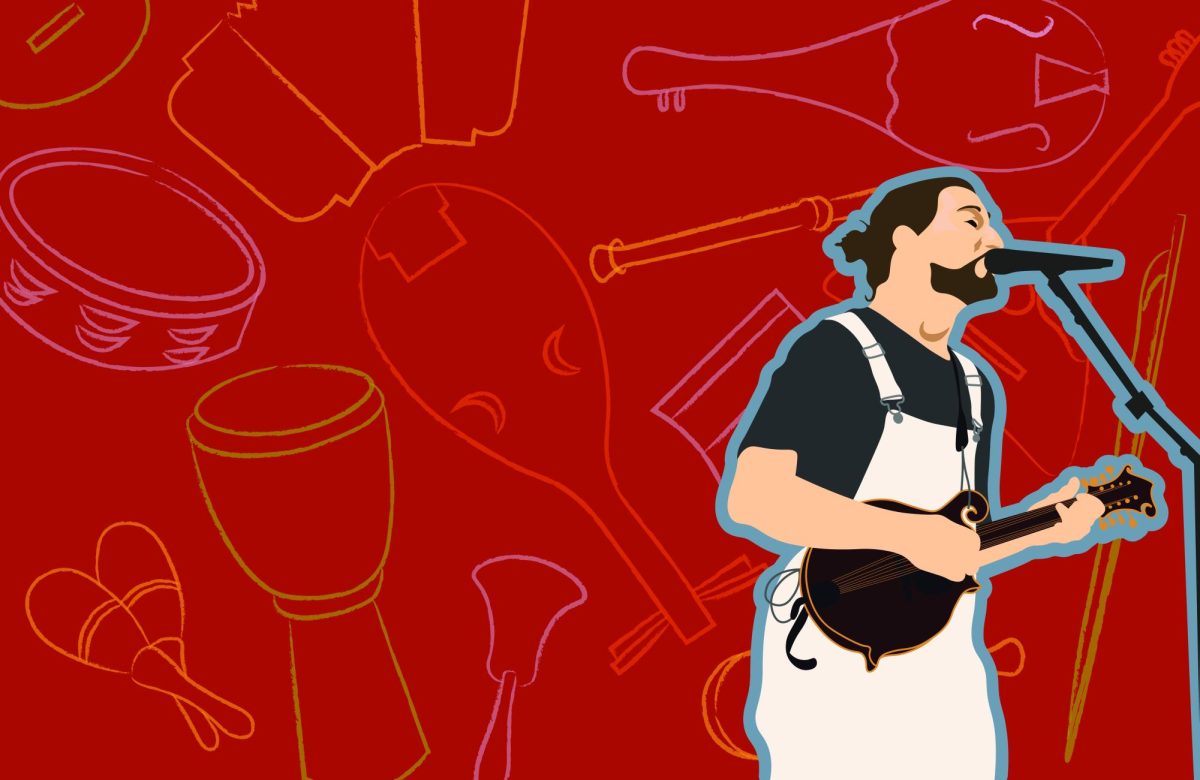In November, Walt Disney Animation Studios released their newest film, “Wish,” to audiences. The film introduced the world to Disney’s first ever Afro-Latina heroine, Asha, who was voiced by the talented Ariana DeBose, an Afro-Latina woman herself. The film itself is a celebration of Walt Disney Animation’s 100th anniversary.
“Wish” takes place on the fictional island of Rosas, which is described to be in the Mediterranean Sea. Inhabited by people from all kinds of cultures, Rosas is home to Asha’s best friend, Dahlia, an impaired woman of Asian descent. There’s also Gabo, who is Mexican, Safi, who comes from Middle Eastern descent and Hal, who is a Black woman.
The best part about these already diverse characters is that their ethnicities and backgrounds come from the voice actors playing them, as the characters are all voiced by race-accurate actors. Many of the voice actors are also queer, transgender and nonbinary, including Ariana DeBose herself.
In recent years, the studio has become increasingly more accepting and inclusive as seen in their more recent projects. Sadly, as they begin to do this, their projects fail in numbers tremendously. Unfortunately, these projects were bombarded with negative reviews and met with underperformances at the box office.
I, however, must say I went and saw “Wish” myself and was incredibly impressed by its inclusivity, stunning animation, music and its overall feeling of togetherness.
This inclusivity can also be seen in Disney theme parks, where they not only include these diverse characters in meet-and-greets, merchandise and attractions, but also celebrate LGBTQ+ pride and ethnic pride, much to the disapproval of politicians like Florida Gov. Ron DeSantis.
This new era for the company is what many are calling “Woke Disney.”
“Woke” is an adjective derived from African-American Vernacular English (AAVE) meaning “alert to racial prejudice and discrimination.” Beginning in the 2010s, it came to encompass a broader awareness of social inequalities such as racial injustice, sexism and denial of LGBT rights.
The term has since lost some of its meaning in this current age. It’s a term that is now less used by African-Americans and more used by white conservatives. These people use it to describe anything that they find to be “forcing” ideas beyond the normal for them, like female empowerment, racial empowerment and LGBTQ+ inclusivity.
You could also just say these people are racist, sexist, ableist, homophobic and transphobic. Even though they’re using a term that discourages that behavior.
With that being said, Disney has been really changing things for the better since 1923. If you were to go watch films from Disney’s classic era, like “Dumbo,” “Lady and the Tramp” and “The Aristocats,” you’d find some content that’s less desirable than the rest.
Both “Lady and the Tramp” and “The Aristocats” contain scenes that include cats perpetuating anti-Asian stereotypes. “Dumbo” has a scene of enslaved people setting up circus tents and a gang of crows voiced by and dressed like Black men in a manner that paints colored people as thugs.
Let’s not forget that Walt Disney himself, the studio’s creator, was openly antisemitic.
Despite the past actions and decisions of the company, they’ve really upped their game significantly the past 10+ years. From projects like “The Princess and the Frog,” which features a southern Black woman as its leading lady and a primarily colored voice cast, “Lightyear,” which has an openly lesbian couple, “Big Hero 6,” which features a diverse cast of characters including an Asian American as its leading character and more recently, the live action adaptation of “The Little Mermaid,” which allowed for a Black woman casted as its titular princess.
So, whether or not you agree with some ideals discussed or shown in Disney’s current day and age, maybe we should all embrace change and acknowledge the fact we’re all animated people in the eyes of Disney.
The world used to be an unsafe place for diverse groups of people. In some places it still is, but with big companies like Disney stepping up to the plate and allowing all kinds of different people to have their moment in the sun, it lets kids and adults everywhere see people like them in the spotlight.
Nick Keller is an opinion writer. Contact him at [email protected].




